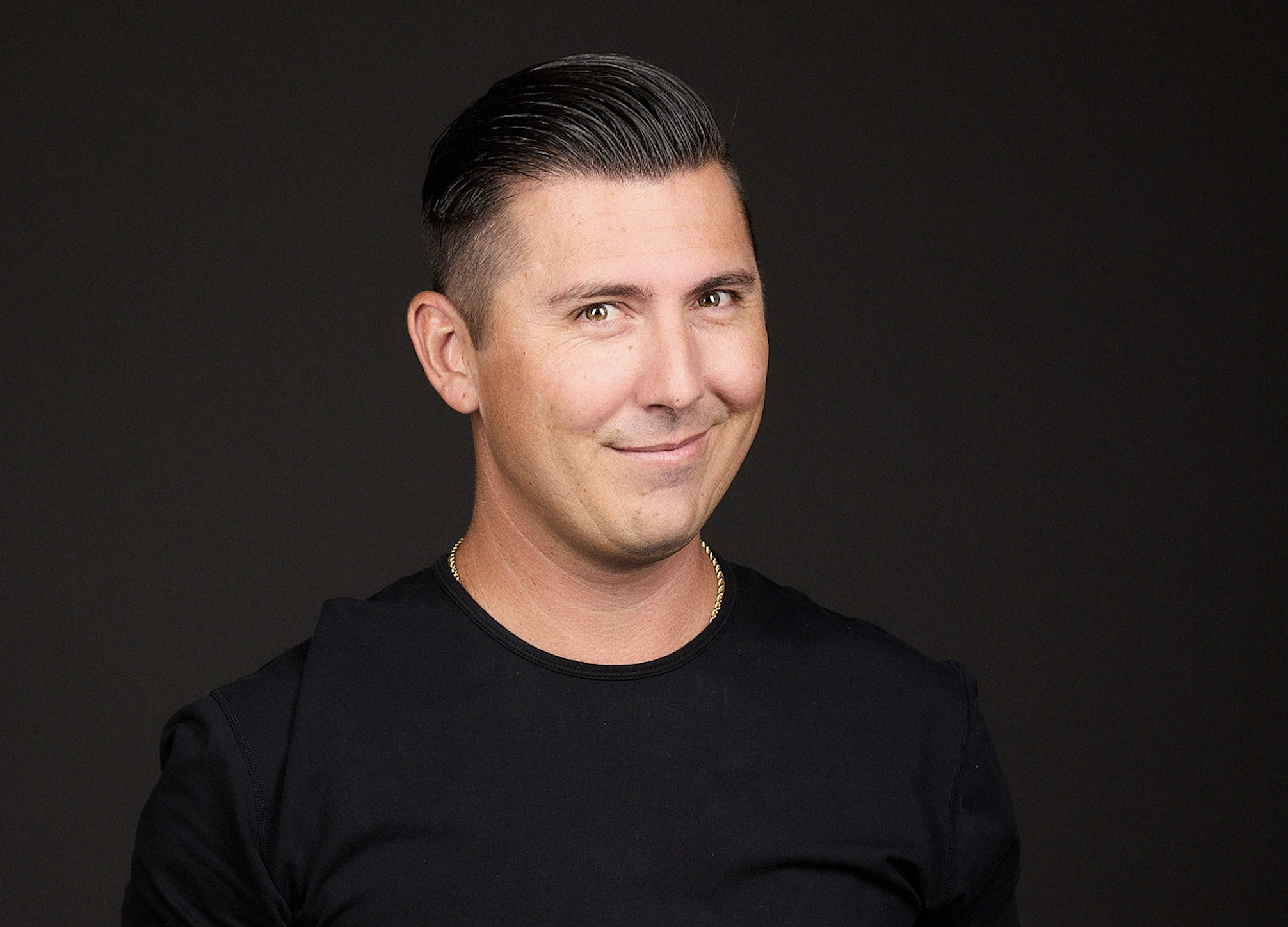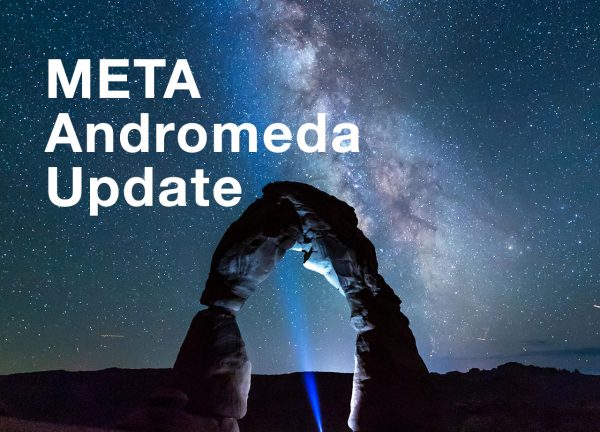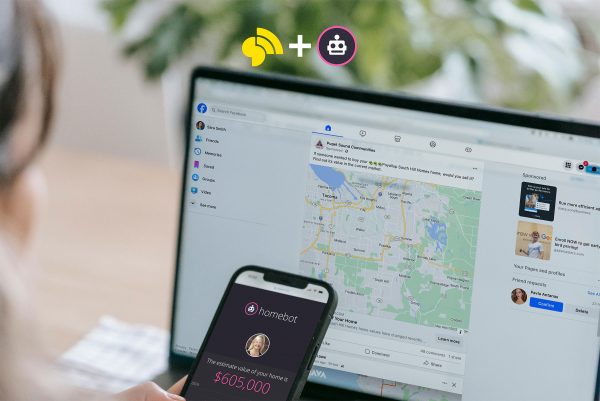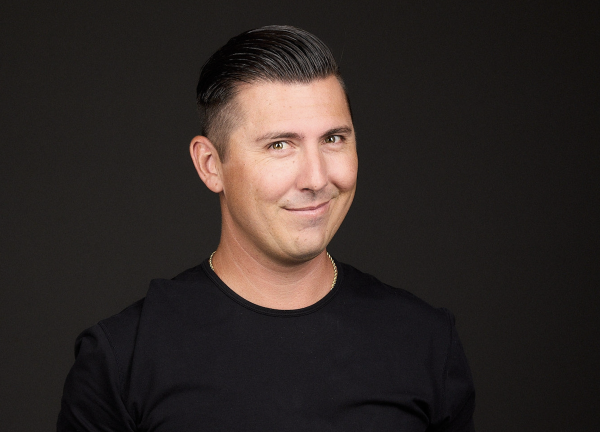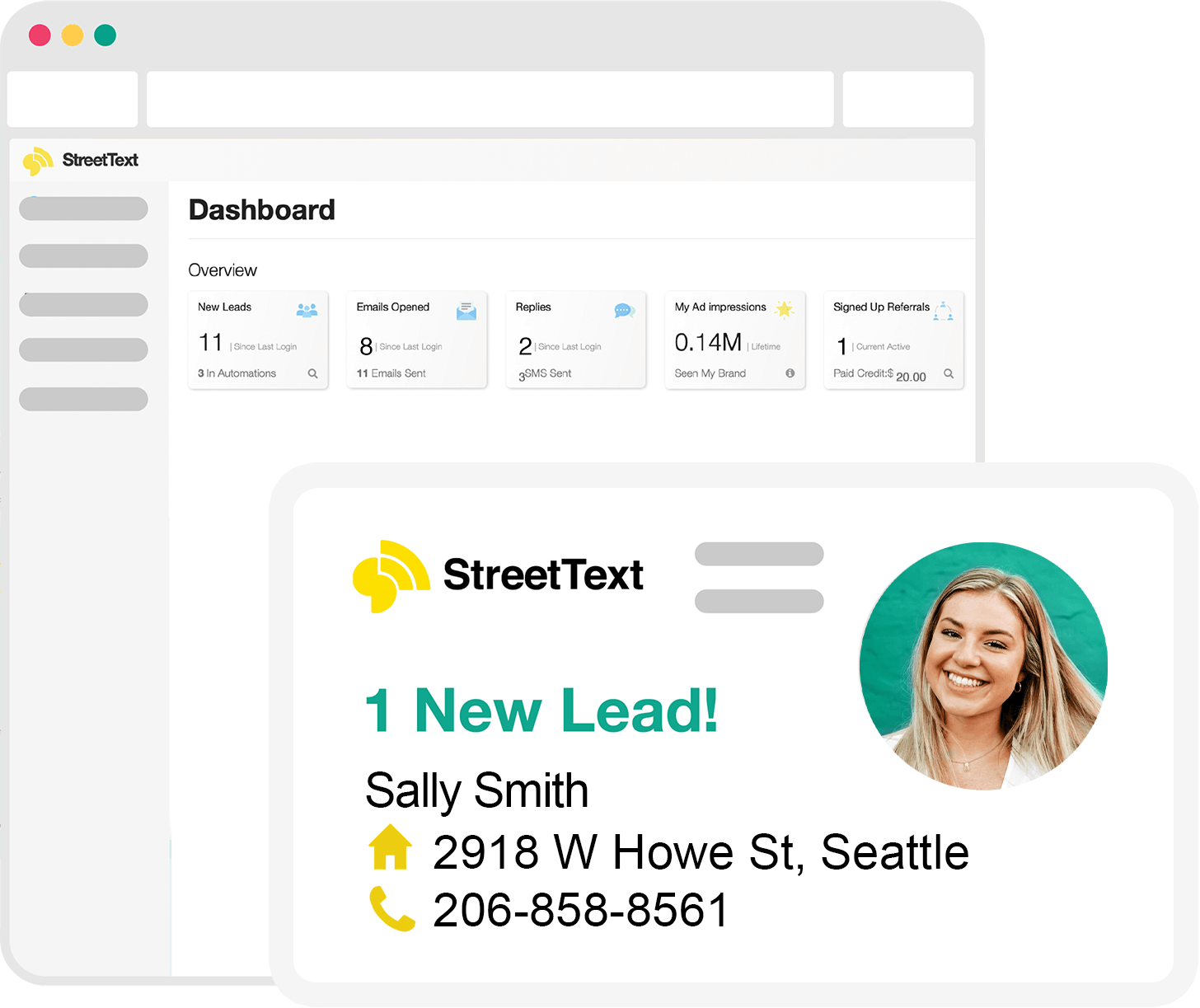When it comes to Internet marketing, there are a lot of strategies and tactics that only work online. But there are also several basic principles of winning over clients that originated offline and are still effective today. The Know, Like, Trust formula is one of the latter.
If you’ve been in business for any length of time, you’re likely already using this formula. But are you leveraging it in the most effective way to generate the best results? And are you doing it in a way that marries your online and offline marketing efforts?
Here are just a few tactics and strategies you can use to maximize your Know-Like-Trust efforts and get the KLT formula to work for you.
Know: Who Are You, Again?

The “know” part of this process is fairly simple. Clients can’t do business with you if they don’t know you exist. That means getting the word out about your real estate business any way you can – whether through flyers, billboards, Facebook ads, in-person networking, writing a column in the local newspaper, carrier pigeon, or megaphone. (We don’t recommend the last two.)
In the online world, getting known means lead generation – it means ensuring the top of your funnel is reaching as many people as possible. This usually involves social media ads, although social media is just the beginning. For an in-depth look at how to get started with social media advertising, check out StreetText’s article The complete guide to Facebook advertising – for beginners.
Other ways to get known online include influencer marketing, content marketing, guest blogging, starting conversations & providing advice in online forums, or appearing on podcasts that your audience most likely listens to. These tactics are all effective strategies for making your audience aware that you exist, which fulfills the first stage of the AIDA (Awareness, Interest, Desire, Action) process.
But “getting the word out” is just the first step in the Know process. Prospects don’t just want to know about you. They want to know you.
They want to know who you are and what you value. They want to know what your sense of humour is like. They want to know why you got into the real estate industry in the first place.
They don’t just want a collection of facts about you. They want to know your story, your why. Somewhere in your marketing, be sure to include the story of why you chose this industry – you’ll come across as more authentic, and your potential new clients will recognize you as a human and not just another real estate agent.
Like: We’re on the Same Wavelength!

It isn’t enough for potential new clients to just know who you are. Your new buyers and sellers most likely already know who all the big real estate players are. Buyers & sellers don’t just want to know who they’re dealing with…they want to like who they’re dealing with.
So how do you get them to like you?
Simple: Be yourself. Yes, mom was right – being yourself truly is the best approach.
Your potential new buyers and sellers want to know that they’re interacting with an actual human person, someone who will understand them – especiallywhen it comes to social media marketing. They would much rather engage with a person than a company.
Research shows that consumers overwhelmingly dislike faceless corporations. This shouldn’t come as a surprise – liking comes from similarity, from being able to determine that someone has the same values, priorities, and worldview as us.
One study published in the Journal of Personality and Social Psychology found that when pursuing platonic and romantic relationships, people tend to prefer spending time with people who are already similar to themselves.
But this finding doesn’t just apply to the domains of friendship and romance. It also applies to business. And while the “marketing is like dating” trope has been played out in endless articles already, there’s a reason why the metaphor endures.
It’s a basic fact of human psychology that we tend to give human attributes to inhuman objects. Phenomena like pareidolia are evidence of this. Evolutionary psychology teaches us that humans are hard-wired for socialization. We have an innate drive and need to seek out others like us.
That’s why some of the world’s top marketing experts are now saying ‘Business To Human’ is the future of marketing. It’s why Millennial consumers are increasingly choosing to take control of the buying process. It’s why Forbes contributors are recommending that corporate brands become personal brands.
When we put all of these findings together, that’s when the personal brand approach makes sense: A personal brand gives your potential new buyers and sellers a face and a persona they can empathize with. Someone they can welcome into their “ingroup”. Someone they can like.
You can start building a personal brand by fully embracing your own unique personality and showing off more of your authentic self in your marketing. Don’t be afraid to talk about your hobbies or show off your quirks. Don’t be afraid to give potential new clients a small glimpse into your personal life.
(Just make sure you aren’t over-sharing. There is such a thing as TMI. Your potential new clients don’t need to know who you voted for in the last election, or which religion you follow, or why you had to ground your kids, or what the doctor said you should be doing about that weird thing on your arm.)
Trust: Wow, an Expert AND a Great Person!
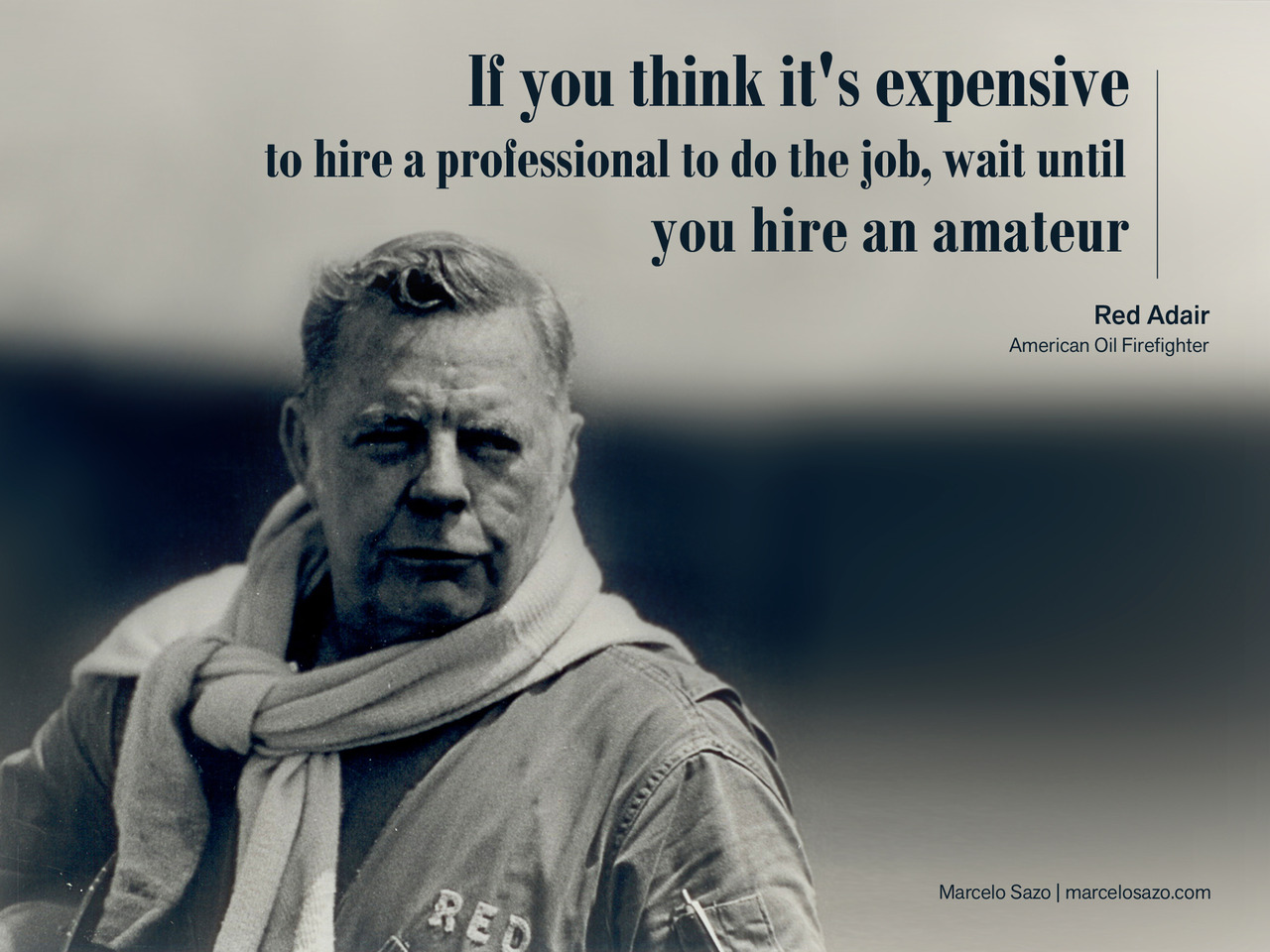
Building trust is even more critical in online marketing than in off. The Internet has made it easy for just about anyone to claim they have expertise in a given subject. Horror stories abound, and they come in many different flavours, especially in real estate. From shadow flipping to dual agency to misrepresentations about a property, even a cursory Googling turns up nightmare stories from devastated buyers and sellers who trusted the wrong real estate agent.
This is not to say that every real estate agent is unethical, but rather, consumer perceptionsabout the real estate industry mean that building trust is more important in real estate than in other industries.
A 2015 Gallup poll found that just 18 percent of Americans believe real estate agents maintain a high degree of honesty and ethics, while 25 percent say real estate agents rank low or very low in honesty and ethics.
But there is a silver lining: The 2016 NAR Profile of Home Buyers and Sellers found that 88% of buyers would use their agent again or recommend their agent to others.
So while there is a fair amount of distrust of the real estate industry in general, consumers do tend to trust specific real estate agents, especially ones they’ve dealt with before.
So how can you get your potential new buyers and sellers to trust you?
Social proof is a great way to start. Pepper all of your marketing materials with testimonials, and you’ll come across as more trustworthy and credible.
A good testimonial will do a few different things. A good testimonial starts with the happy client expressing the fears or doubts they had before doing business with you, because doubt and fear are relatable emotions. They’re the exact emotions your audience is feeling.
A good testimonial will also show why those fears were completely unfounded – and then talk about all the things that went right.
Finally, a good testimonial will include the client’s headshot and first & last name – because your potential new clients will want to see that you received a testimonial from a real human who actually exists, not just an invented persona based off a stock headshot.
Want to get the most mileage out of your testimonials? Get your clients to videotape themselves giving you a testimonial for an added boost. Adding video to a landing page can increase conversions by up to 80%, and the presence of a video causes leads to spend 2.6x more time on a web page.
Conclusion
The Know, Like, Trust formula has been around for a while, and for good reason – it works. With the right KLT strategy, you can boost your sales, build better relationships with clients, shorten the amount of time it takes to convert a lead, and raise your public profile. Try using some of these advanced tactics to kick your KLT efforts up a notch and see how it impacts your sales funnel.







